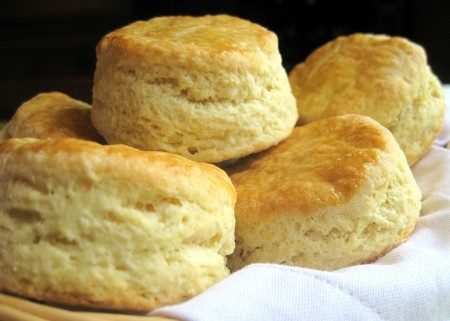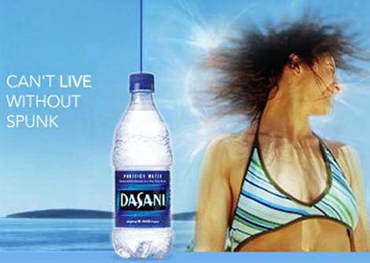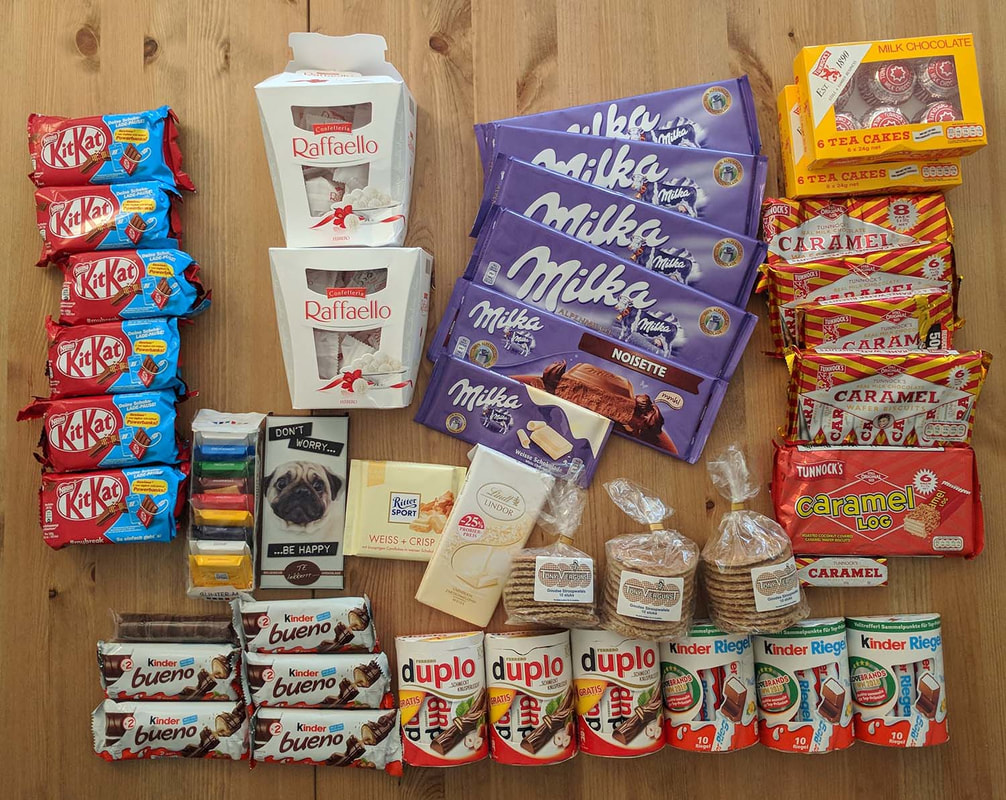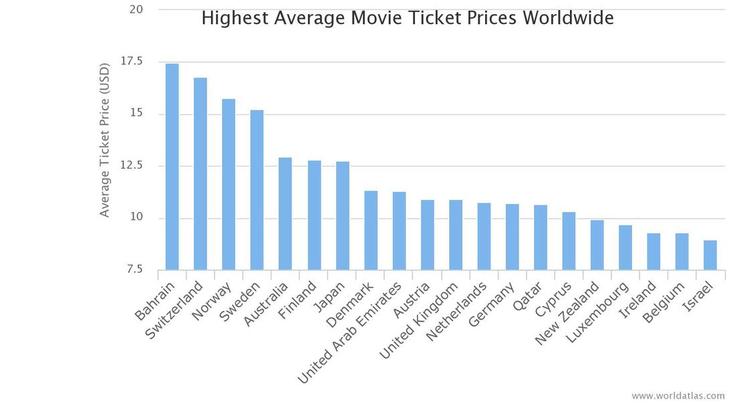In November 2017, the Washington state senate (parliament) banned the public from bringing concealed guns into the viewing gallery, three years after banning open-carry weapons there. But don't worry, openly carried weapons are still allowed in the main public areas.
In other countries we do not have signs about guns, and guns are rarely discussed personally or in the media. Frequent news of shootings in the suburbs near me are one of the biggest cons of living here. I have no doubt "saliency bias" is at play here - other things kill more often, but this is a thing I am reminded of more often - it is more 'salient' to me, so I think it is of a greater risk to me.
The guns here definitely freak me out, and I am forced to think about this horrible thing more often than I imagined I would. It's definitely one of the more horrible things about living here.





 RSS Feed
RSS Feed